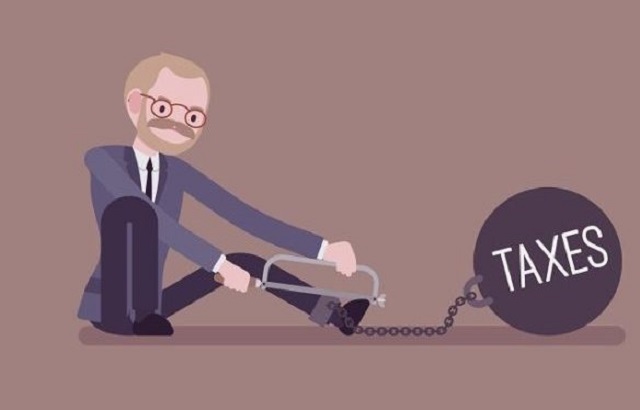HM Revenue & Customs (HMRC) has forecasted that 1.13 million people will pay higher rate of tax by the 2027/28 financial year, according to a Freedom of Information (FOI) request by Quilter.
Additionally, the FOI revealed that HMRC predicts 301,000 more people will become additional rate taxpayers by the same tax year.
The higher rate of tax is imposed on anyone with an income between £50,271 to £150,000 at a rate of 40%, while the additional rate is taxed on an income over £150,000 ($186,000, €171,300) at 45%. Usually, the bands increase with inflation.
But in his 2022 Autumn Statement, chancellor Jeremy Hunt extended the freeze on the higher rate of tax up to 2027/28, previously frozen in the Spring 2021 Statement until 2026 under the then chancellor, now prime minister, Rishi Sunak.
Quilter said that the reason more people will move into new tax bands is because of fiscal drag. Fiscal drag happens when the income level at which taxes start to be collected and the sum of income that can be earned tax-free does not increase at the same rate as inflation or income growth.
This can cause a larger portion of a person’s income to be subject to taxes and can also cause more people to fall into higher tax brackets ultimately meaning they pay more in tax.
Previous calculations from Quilter found that if wage growth is on average 5% per year for the next four years but, if income tax thresholds remain frozen, then someone earning £50,000 today will be £2,643 worse off in the 27/28 tax year ,and in total will be £6,463 poorer over the four-year period.
‘Power of fiscal drag’
Rachael Griffin, tax and financial planning expert at Quilter, said: “These figures illustrate HMRC is well aware of the power of fiscal drag and exactly how many people they expect to be dragged into paying more tax due to the frozen thresholds.
“Over a million more people will be subject to higher rate tax due to wage inflation and many of those may not feel wealthier as their salaries have simply kept up with inflation. This means that in real terms their buying power remains much the same, yet their salaries are taxed much more.
“Freezing income tax bands is a form of stealth tax as you’ll end up paying considerably more tax during the time bands are frozen, which will be on top of higher energy and food costs.
“The new tax-year presents no better time to plan for efficient use of allowances for the tax-year ahead. If you are unsure about where to start, a financial adviser can help you identify how to make better use of the tax allowances available to you and while April may feel like a long time off it is worth starting to think about this sooner rather than later.
“One option might be to make additional pension contributions via salary sacrifice essentially lowering the taxable portion of your salary and potentially reducing it under the higher rate of tax threshold.”








